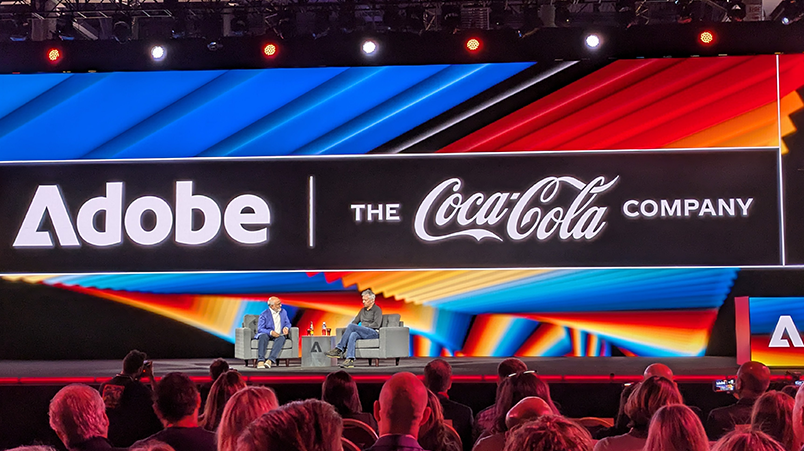AI Revolutionizes Marketing: Strategies for the Zero-Click Era
AI-generated summaries are reshaping how users interact with search engines, fundamentally changing marketing strategies. Google’s AI summaries, such as “AI Overviews,” are now answering user queries directly on the search results page, which diminishes the need for users to click on traditional search results. Research indicates that when Google displays an AI summary, users click on standard search results only 8% of the time, a drop from 15% when no summary is present. A Bain report indicates that 80% of consumers rely on zero-click results for at least 40% of their searches, resulting in organic traffic declines ranging from 15% to 25%.
The Collapse of Traditional Marketing Funnels
The conventional marketing funnel is losing relevance as AI Overviews and “AI Mode” push traditional links further down search results. Instead of guiding users through a linear journey of awareness, interest, consideration, and conversion, Google is providing answers upfront, transforming traditional engagement metrics. This shift means that metrics such as hits, clicks, and session duration no longer accurately reflect user engagement.
To adapt, brands must focus on:
Answer Engine Optimization (AEO): Optimize content for AI summary inclusion with concise, authoritative answers.
Generative Engine Optimization (GEO): Design content for AI agents using structured headings and clear citations.
Interactive Content: Create content types, like calculators or infographics, that AI can summarize but not replicate fully.
Platform-Native Marketing: Engage users on platforms like TikTok and newsletters, where direct interaction occurs outside traditional search methods.
For more insights, visit Bain & Company.
Navigating the AI-Driven Landscape
With AI tools now acting as intermediaries in the buyer's journey, marketers must understand how to navigate this new reality. The traditional digital buying journey, once linear, is now fragmented, with customers increasingly relying on AI for quick comparisons and recommendations. This change means brands might miss initial contact opportunities altogether.
Brands need to:
Focus on creating high-quality, structured content that resonates with AI algorithms.
Invest in understanding new performance metrics that reflect engagement in this AI-intermediated landscape, such as share of voice in AI responses and AI referrals to their CRM systems.
The shift to AI-driven marketing requires brands to rethink their content strategies to remain relevant in the marketplace. For more details, consult AI Marketing Agents.
The Role of AI in Newsrooms and PR
Generative AI's integration into search engines is impacting how news is consumed. With Google’s AI Overviews, users are receiving news in summary form, reducing traffic to publisher sites and changing the landscape of media relations.
Brands must:
Optimize their content to appear in AI-generated summaries. This requires anticipating user queries and structuring content for AI recognition.
Collaborate with both journalists and digital strategists to ensure that brand messaging is clear and effectively represented in AI outputs.
Additionally, new metrics for success in this AI-first world are essential. Brands should track visibility in AI-generated content and monitor how their messages are cited or misrepresented within AI streams.
For further reading on this transition, check PRsay.
The Future of Advertising in an AI World
James Quincey, CEO of The Coca-Cola Company, discussed the implications of generative AI on advertising during the Adobe Summit. He highlighted the potential for AI to produce cost-effective, personalized advertising but warned of the risks associated with over-automation, which might lead to consumer fatigue and resentment.
Quincey emphasized the need for human involvement in advertising to maintain emotional connections. Coca-Cola's initial foray into generative AI for its holiday campaign was met with mixed reviews, showcasing the challenges of balancing automation with genuine creative expression.
To adapt, brands should focus on:
Creating live experiences that cannot be replicated by AI.
Understanding the interplay between cost efficiencies and maintaining quality and creativity in advertising.
For more insights from the summit, refer to Mi3.






